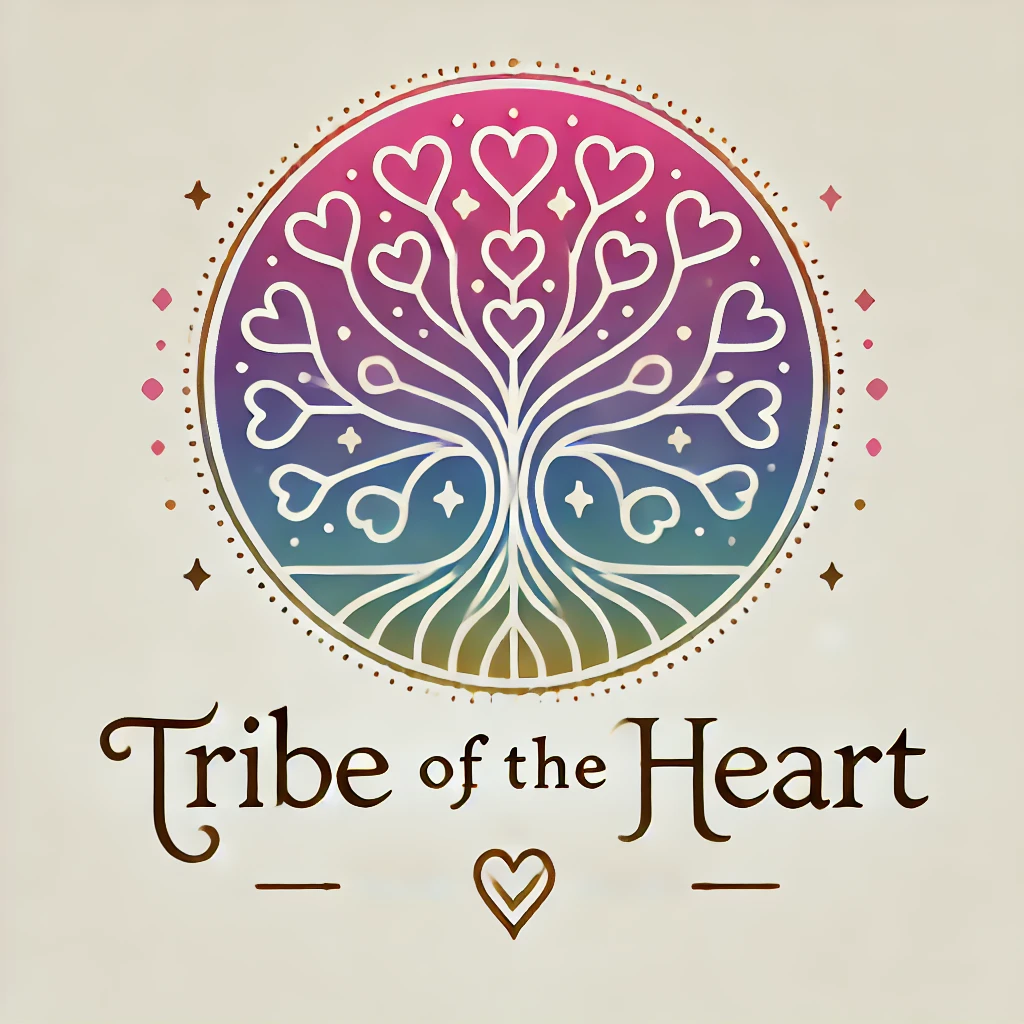Hakomi Mindful Somatic Psychology offers an elegant, comprehensive and uniquely effective approach to psychological change and growth combining an inspiring set of guiding principles with a comprehensive experiential, mindfulness-based, and body-centered methodology.
For over 40 years, Hakomi has pioneered the psychodynamic use of mindfulness in the therapeutic process. Due in part to Hakomi’s influence, many healing approaches now use mindfulness to calm and self-regulate their clients. However, Hakomi is one of the only healing methods that uses mindfulness to access unconscious psychological material that’s not easily accessible by conversation alone. People are often surprised at how quickly they can access deeply unconscious material using the mindfulness-based methods that infuse every phase of our work.
Hakomi practitioners use the body as a doorway to the psyche. A great deal of human communication is nonverbal, and yet the wealth of information that the body communicates is rarely used as a therapeutic tool. Hakomi practitioners learn to track and explore subtle somatic cues (i.e., facial expressions, breathing, tensions, postures, and unconscious movement patterns) that indicate the presence of unconscious psychological material. The body’s intelligence knows things that neither we nor our clients know about the source of their unwanted attitudes and behavior. Instead of making educated guesses or interpretations about what’s motivating people’s behavior, Hakomi uses the body’s somatic cues as a roadmap that allows us to gently activate, study and transform the actual neural networks producing unwanted behavior and beliefs.
Hakomi is grounded in cutting-edge neuroscience. In recent years, neuroscience has made breakthrough discoveries validating many foundational aspects of Hakomi Mindful Somatic Psychology, including the effectiveness of mindfulness, loving presence, empathic attunement, limbic resonance and memory reconsolidation. Hakomi’s pioneering methods supported memory reconsolidation, neuroplasticity and other aspects of neural transformation decades before these psychological processes were widely known or understood.
Hakomi helps to develop the practitioner’s inner state. Although research has shown that the practitioner’s inner state is one of the most significant factors in therapeutic success, education for helping professionals rarely addresses the practitioner’s inner development in sufficient depth. Hakomi training provides ongoing psychological work that allows you to uncover the unconscious patterns affecting your interactions with clients and others. This allows you to create a deeper sense of safety and connect with both yourself and your clients, and also facilitates the emergence of your own “essence” and your own unique style as a helping professional.
Hakomi works with expanded states of consciousness. Learning to more deeply embody expanded states of consciousness like mindfulness and loving presence will allow you to develop an even deeper sensitivity and attunement to yourself and others. As you work with clients in these expansive states, you’ll be able to track deeper levels of psychological material, communicate about it more effectively, reduce client resistance, and experience a deeper sense of safety and connection with yourself and others. Working in mindfulness and loving presence can also greatly reduce compassion fatigue, and brings more ease and nourishment to your work for both practitioner and client alike.
Hakomi is used by a wide range of helping professionals. Mental health clinicians worldwide have used Hakomi for decades in individual, couples and group psychotherapy. Coaches, spiritual counselors, organization development practitioners, bodyworkers, educators, health care professionals, and other helping professionals have also found Hakomi’s principles and practices a powerful adjunct to their work.
To find out more about Hakomi Mindful Somatic Psychology, you’re welcome to visit the website of International Hakomi Institute.




